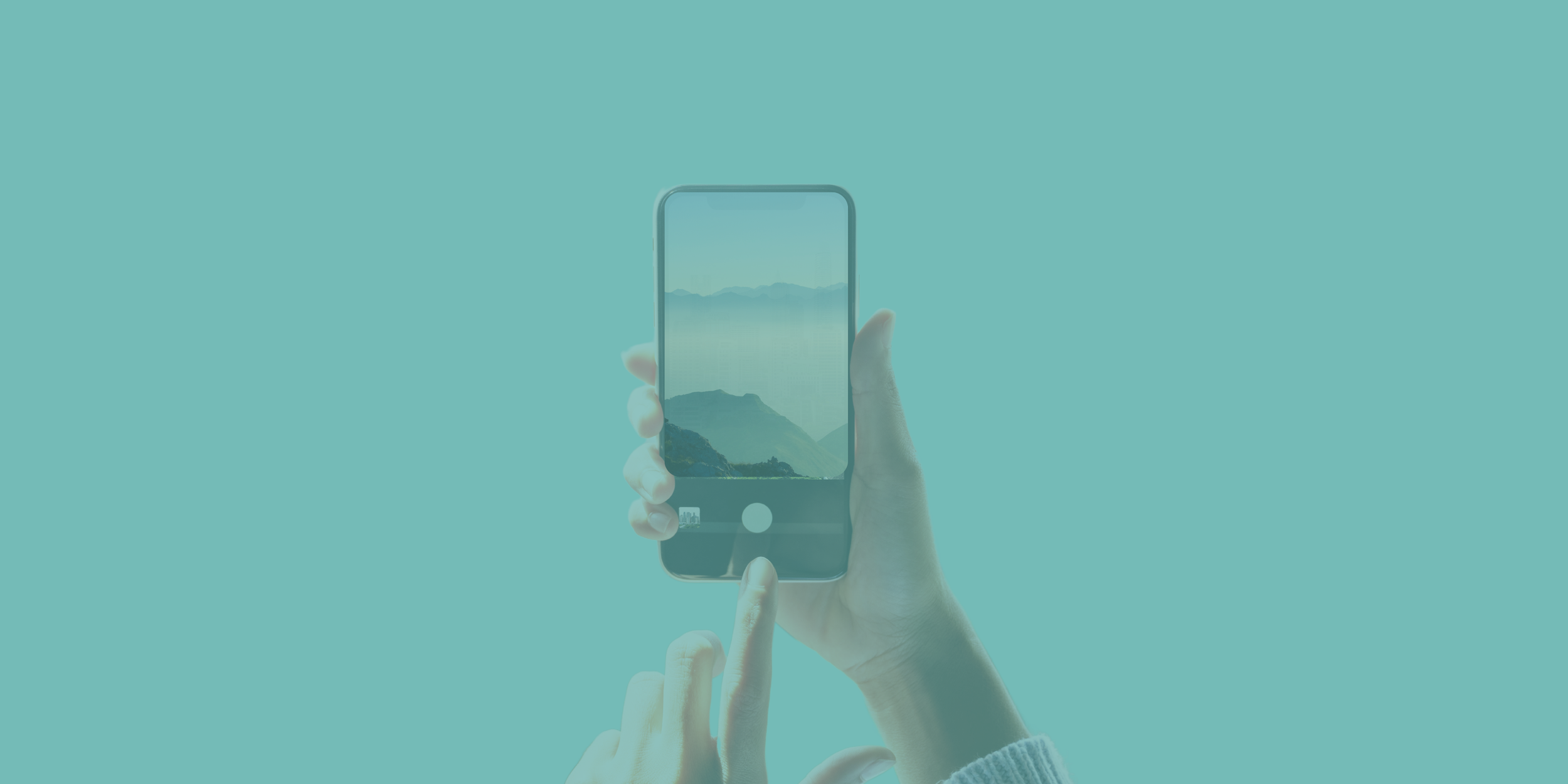
Day 6
Welcome to
Today's Focus: Sleep & Health in the Digital Age
Your daily digital habits, particularly those in the hours leading up to bedtime, can profoundly influence both the quality and quantity of your sleep. This, in turn, impacts overall health and wellbeing.
Blue Light & the circadian rhythm
The blue light emitted by digital screens is similar to daylight. It interferes with the production of melatonin, the hormone responsible for regulating sleep-wake cycles. Exposure to this light, especially in the evening, can trick your brain into thinking it's still daytime, making it harder to fall asleep and potentially disrupting your natural sleep patterns.Content consumption and mental stimulation
The nature of the content we consume on digital devices can also play a significant role. Engaging with stimulating or emotionally charged content – from news articles to social media feeds – can increase mental alertness and emotional arousal, making it difficult to wind down and relax before bed.Time spent
We often underestimate the time we spend on digital platforms and sometimes, looking up one thing suddenly turns into an hour. Especially at night, this can take away valuable time that we could spend sleeping and our brain replenishing.Psychological Impact
Constant connectivity and the habit of checking emails or messages before sleep can lead to stress and anxiety. Worrying about work or social interactions during this crucial wind-down period can prevent the mind from settling, impacting sleep quality.
Today’s Activity:
Implement a digital curfew at least 30 minutes before your bedtime, putting away all devices, including TV. Instead, engage in a relaxing, screen-free activity, such as reading a book, journaling, going for a walk or spending time with a loved one.
Optional: Start the day device-free and spend the first 15 minutes of the day setting an intention, making a plan for the day, journaling, meditating or just having a device-free coffee or tea.
Jordan’s new bedtime ritual: Jordan started reading a book instead of scrolling through social media before bed, which led to a quicker and more restful sleep.
Simone’s approach: Simone made her bedroom a phone-free zone, using an old-fashioned alarm clock instead of her phone alarm, resulting in fewer nighttime disturbances.
More ways to optimise your sleep in a digital world:
Mindful Content Consumption
Be mindful of the type of content you consume before bedtime. Avoid stimulating or stressful material.Relaxation Techniques
Try relaxation methods like deep breathing, meditation, or gentle stretching in the evening to help your body and mind wind down.
Remember:
Cultivating better digital habits around your bedtime can significantly improve your sleep quality and overall health. Small tweaks can pave the way for many more restful nights and productive days ahead.
See you on Day 7!

